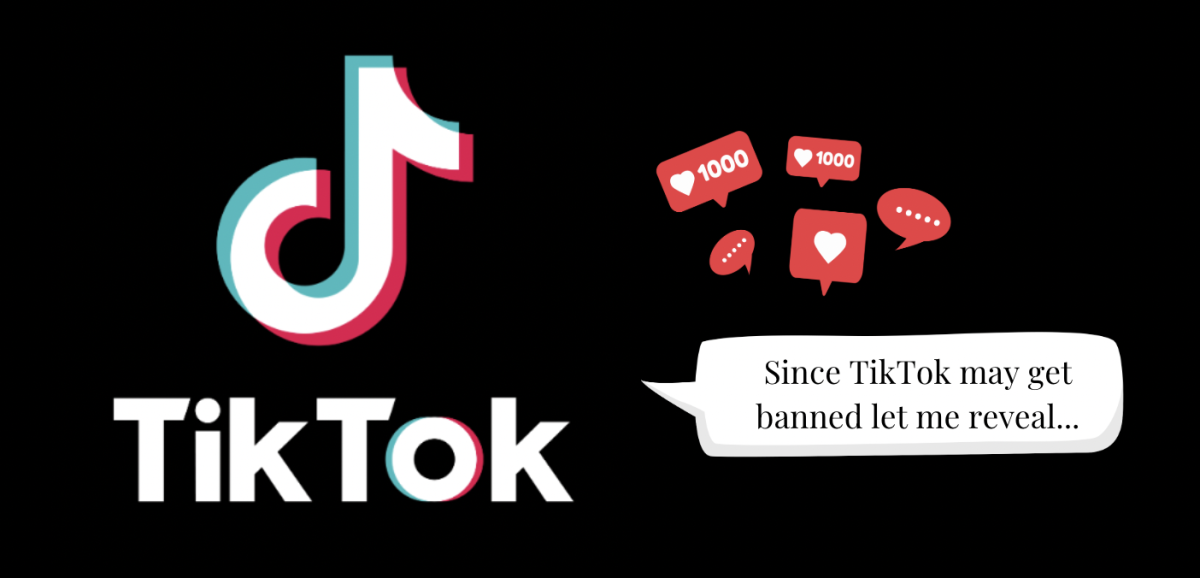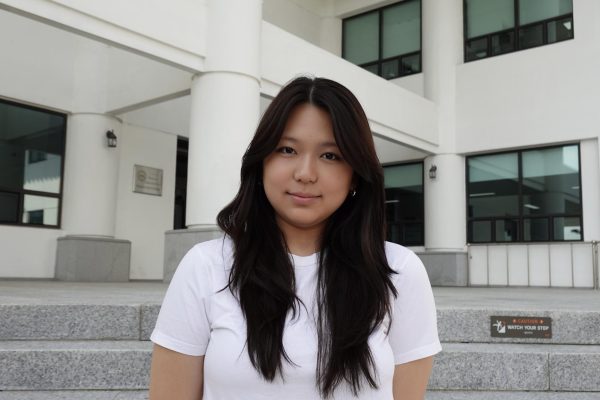As the US imposed a nationwide TikTok ban on Jan. 18, US-based creators started to share their final confession, sparking controversy.
TikTok creators, believing the ban to be permanent, posted videos exposing themselves. However, they seem to be regretting their decisions after the ban was called off. As opposed to what creators believed, the TikTok ban in the US was short-lived, lasting only a few hours before access was restored. Creators’ confessions then became a heated issue on the platform, causing viewers to change their perspective about the influencer or even cancel the influencers.
Some of their confessions were thought to be witty; for example, Duolingo channel revealed the worker who played the owl mascot. However, some influencers stirred large controversies in the platform. For instance, Charli D’Amelio, a TikToker who rose to fame in 2020, confessed that the device she was using as a teenager was not an anxiety pen but rather a vape. D’Amelio deleted the video immediately after TikTok’s service was restored.
Apart from personal confessions, influencers also acknowledged how their videos were fabricated. Kaeli Mae, a TikToker with 14.5 million followers, posted about making aesthetic ice cubes claiming that it was for consumption. However, in her confession video, she posted how she does not use the ice cubes she makes. Mea’s comment section was overloaded with criticism about her wasteful habits. Although she tried to defend herself when the app was restored by saying that others use her ice cube, not many found her excuse reasonable.
It is questionable why the creators would spoil their own reputations. However, viewers felt that these confessions were made in an attempt to garner attention and stir up drama in order to gain more followers. Still, netizens claim it is an impulsive, irrational choice because they will continue their career via Instagram or other social media platforms. Influencers, by making the confessions, risked their future careers.
Amidst the ongoing chaos, the TikTok app was reinstated in the US. At this critical moment, influencers either rushed to post a video with excuses or removed their previous ones. Despite this, users are criticizing the influencers’ videos, expressing their discontent with being betrayed and deceived with years of fabricated contents or hidden controversies.
This incident conveys beyond the concept of canceled culture. Influencers forging their content to gain more viewership and fame is a recurring problem; yet, this should not be the norm for content creators. Although exaggeration and alterations are often necessary to generate intriguing content, the very core of social media is to genuinely connect with others.
Influencers are often framed as out of touch with the mundane lives of the public. By fabricating their life and content, all the creator gets is more scrutiny and disappointment from the viewers.
TikTok influencers’ refusal to apologize but instead attempting to cover up their past content is only fueling the viewer’s anger. These consequences that TikTokers are facing today are well deserved as their actions were truly disturbing to the public. Although some might claim that there is no real problem with influencers’ actions, it is undeniable how constant lies create a toxic culture in society.


